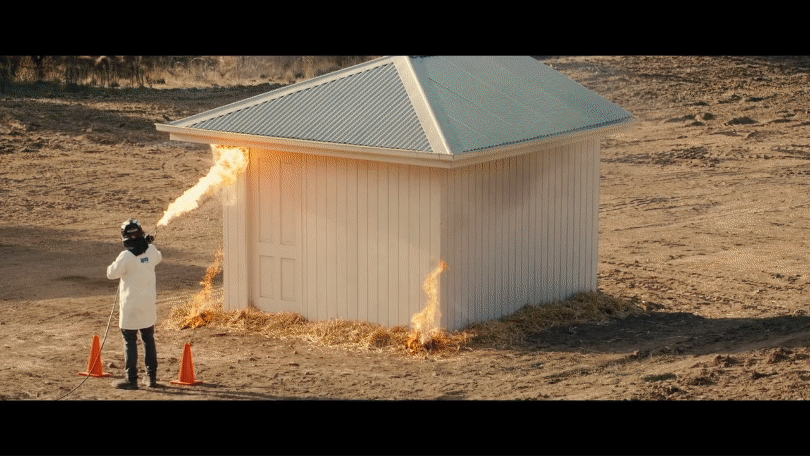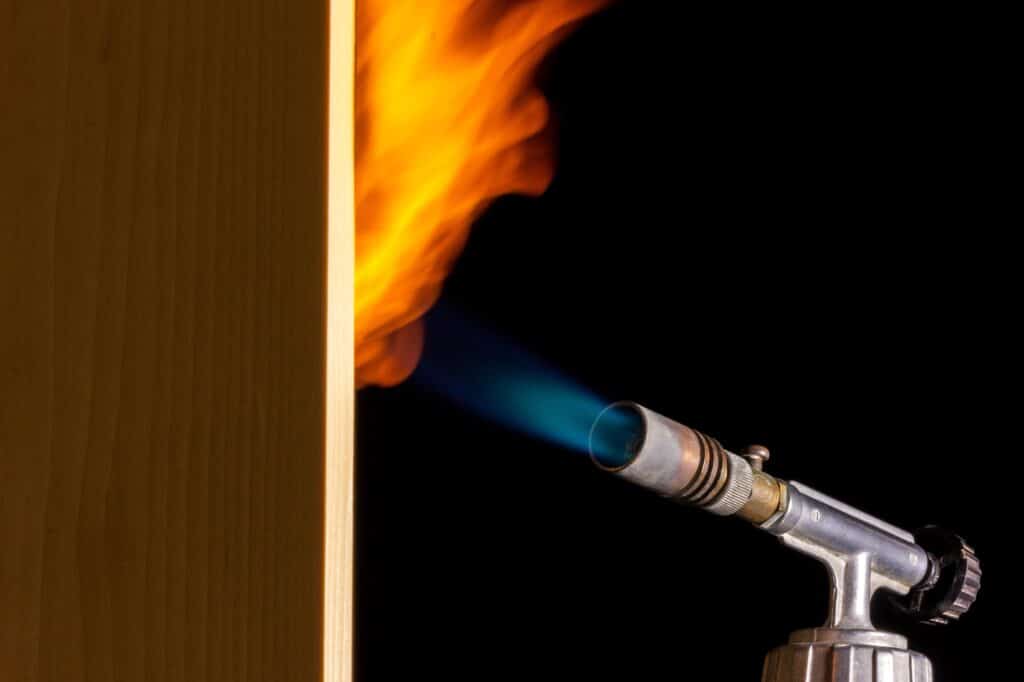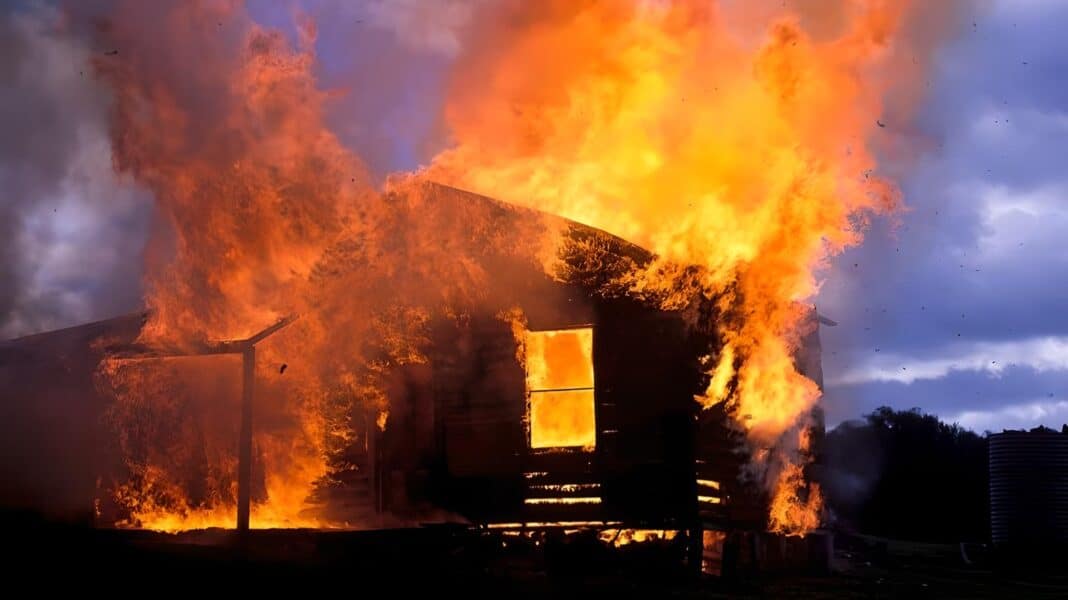As California gears up for another wildfire season, Australian engineers are developing new types of fire-retardant paint that promise to protect millions of dwellings and take the global market by storm.
Known as “FireCoat”, the new acrylic paint has been developed by Australia’s Flame Security International (FSI), who, in collaboration with the University of New South Wales, is now testing paints at UC Berkeley Disaster Lab – to determine their resilience under heavy fire.
“As California faces an increasingly severe wildfire crisis, it has been crucial for researchers, scientists and manufacturers to work together to build the resilience of our homes and communities,” says Thomas Azwell, the Founder and Director of the UC Berkeley Disaster Lab, who has invited North American media to attend a special burn test next week.

UNSW’s “Secret Recipe” to Protect All Houses From Flames
Developed for Australian conditions, the new paint is the first to pass BAL-40, Australia’s second-highest Bushfire Attack Level. Professor Guan Yeoh, one of Australia’s leading researchers in mechanical and manufacturing engineering, describes it as “a breakthrough” containing a “secret recipe” that “means it can protect all houses.”
The hope is that it could spark “the development of what people think of using common things like paint, or even other devices, whatever, to increase the fire resilience.”
According to Professor Yeoh, who is also the Director of the ARC Training Centre for Fire Retardant Materials and Safety Technologies, “If you apply the paint, which is an undercoat, onto the house, it will transform itself to a very thick, carbon or char layer that actually protects the substrate and deflecting the heat away from the bushfires.”
After application, the undercoat meets the requirements of BAL-40, as outlined in the AS 3959-2018, the standard for constructing buildings in bushfire-prone areas.
“AS 3959-2018 is a guide used to design dwellings that minimise risk for different levels of bushfire vulnerability,” according to Boris Iskra, the National Standards Manager for Forest and Wood Products Australia, who, in September, presented a webinar on BAL ratings with the Wood Central publisher.
Professor Yeoh said the new paint is just like the standard undercoat used for many current paints. “But it’s just that it has some secret ingredients that grow the layer.”
“I can’t reveal my secret ingredients to you,” he said before adding that the new formula was like Colonel Sanders’, with researchers “protecting the KFC (like) recipe.”

According to Professor Yeoh, fire reaches “about 1000 °C to 1200 °C” during fire inundation; however, with the help of the protective layer offered by the fire-retardant paint, “that can decrease the temperature from 1000 degrees C to roughly around 25 to 30 °C at the substrate surface.”
Under heat, the paint grows from very thin to very thick to protect the timber; after fire inundation, some residue remains. “But you can see that the wood has not burnt at all,” Professor Yeoh said before adding that you can “prep the surface again, and then you repaint it.”
Scientists are now exploring ways to make preservatives fire-resistant.
In recent months, climate-induced mega-fires have caused fire authorities to grapple in Australia, Canada, Indonesia, Ukraine, and Greece, in addition to the United States.
Earlier this month, Wood Central reported that researchers found that adding alkaline lignin to water-based intumescent acrylic coatings improves the flame-retardant properties of wood-based materials.
“Based on this information, intumescent water-based coatings containing 5% alkaline lignin improves flame retardancy by promoting the formation of an ideal char layer during combustion,” according to a new study published in the 2024 edition of the Journal of Coatings Technology and Research.

The researchers also tested water-based acrylic resin mixed with 1%, 3%, 5%, and 10% lignin concentrations. “The analysis results reveal that coatings containing 5% alkaline lignin were more effective in reducing flammability than those containing higher concentrations.”
As for FireCoat, Wood Central understands that the paint will be available for sale in Ace hardware stores across California starting in August.






